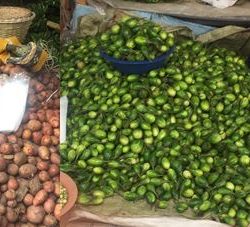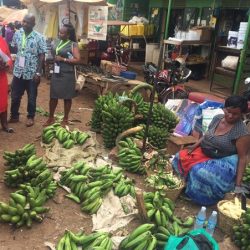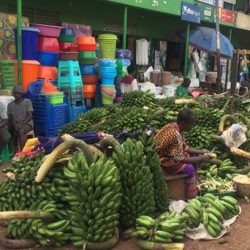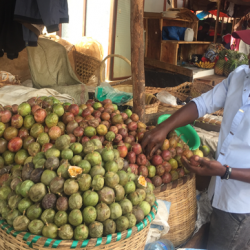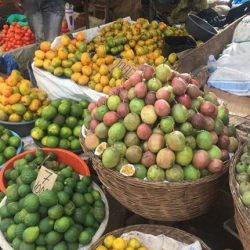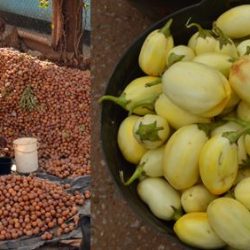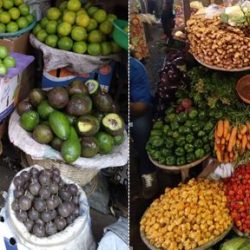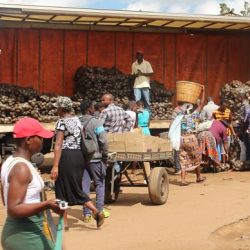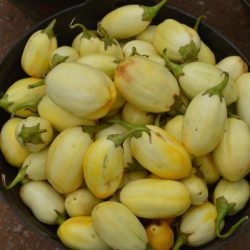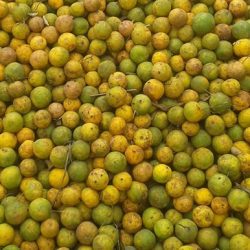The value of delinking African food systems from foreign currency
The value of delinking African food systems from foreign currency A major lesson for African leaders from the Russia-Ukraine conflict is that they should accelerate the development of food systems that have no direct link with foreign currency. African agriculture has remained thinly defined for decades as shown by how agricultural policies focus on less Read more about The value of delinking African food systems from foreign currency[…]

